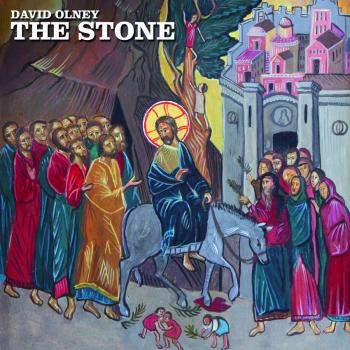He also encounters many nefarious villains and people from far in his future, which brings some comic relief, as does Joe's own quick-witted dialogue—a trademark of hard-boiled detective novels, put to good use here. As Joe seeks vengeance to his own satisfaction, he begins to see how sin permeates his own life and that his relationship with God is not as deep as he thought.
As with the Niven/Pournelle book, though, Marino also tweaks the definition of Hell to allow the possibility of repentance and salvation.
Dante's Journey widely diverges from the original toward the end, including Joe's running battle with a demon, which lends itself to the harder-than-nails action scenes with which the book is larded. He also acquires a side-kick, and Virgil becomes much more actively involved than in any other version. Marino imaginatively broadens our view of Hell by entering areas hitherto left unexplored, such as the virtuous pagans' Limbo.
Both Inferno and Dante's Journey provide surprisingly effective representations of Dante's work. Despite the authors' adaptations of storyline and theology to suit their own views, The Divine Comedy shone through in an intriguing way. Not only did Inferno inspire me to read the original, but I spent much of the book pondering my own glossing-over of some of the old-fashioned sins I was reading about. In effect, it became an effective examination of conscience. Several years later, Dante's Journey surprised me by having much the same effect. Again I found myself reflecting on my sins and my relationship to God, and later picked up my copy of Dante to reread.
It helps, while reading these books, to know what message Dante was trying to give and what truths the Catholic faith teaches. Readers otherwise may be in danger of thinking these authors are rendering Dante's story or theology more faithfully than they actually do.
There are many excellent translations of Dante's Divine Comedy available. I myself prefer John Ciardi's translation, which, ironically, was in such demand after the publication of Niven and Pournelle's Inferno that it generated a reprint.
John Ciardi's translation mirrors the rhyme and rhythms of the original and expresses subtle nuances with colloquial phrases that accurately convey appropriate meaning to Americans. I find it eminently readable, especially considering the excellent chapter endnotes, which clarify literary and cultural references.
This excerpt from Ciardi's essay on Dante at the beginning of Divine Comedy shows the salvation theology underlying Dante's Inferno, which is still what the Catholic Church teaches. It also gives us exactly the point that the modern books deny in their altered theology.
The damned are there because they offended a theological system that enforces certain consequences of suffering. But part of that theological system has also decreed that salvation was available to all men. Christ in his ransom had procured endless mercy. One need only wish to be saved, need only surrender his soul to God in a last gasp of contrition, and he will be saved. He may have to suffer at length in Purgatory, but, once there, his place is reserved in Heaven and he will in time arrive there. Purgatory is like our modern colleges: no one can flunk out of them.
It follows then, that the only way to get into Hell is to insist upon it. One must deliberately exclude himself from grace by hardening his heart against it. Hell is what the damned have actively and insistently wished for.
There are many levels on which Dante may be absorbed, and perhaps John Ciardi would have understood the impulse to make his Inferno more accessible to modern readers. We will never know if he would have approved of these authors' books, and their theological tweaks is another question. I, for one, am grateful for these new guides, without which I never would have cracked open Dante's Divine Comedy.
See for yourself. Inferno and Dante's Journey are exciting stories on their own. The highway to Hell they depict may lead you to Dante's original. More importantly they may help lead you on a journey in the opposite direction, climbing the mountain toward Heaven.





